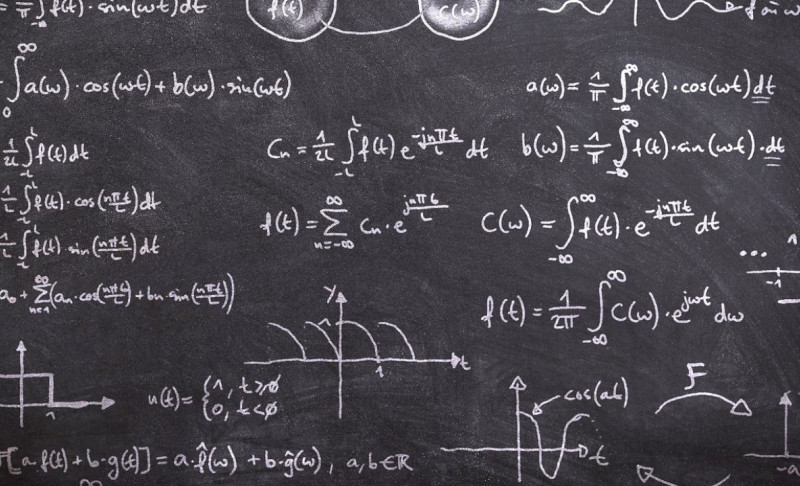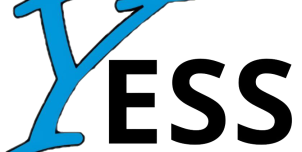Hope and Resilience in Emotion-Sensitive Climate Change Education
Organising institution
Utrecht University
Faculty
Freudenthal Institute

€150

The Utrecht Summer School offers a varied programme in the broad field of Science. Various subjects are covered, including Mathematics and Stem Education, Complex Systems, and Theoretical Physics. You are warmly invited to take a look!







